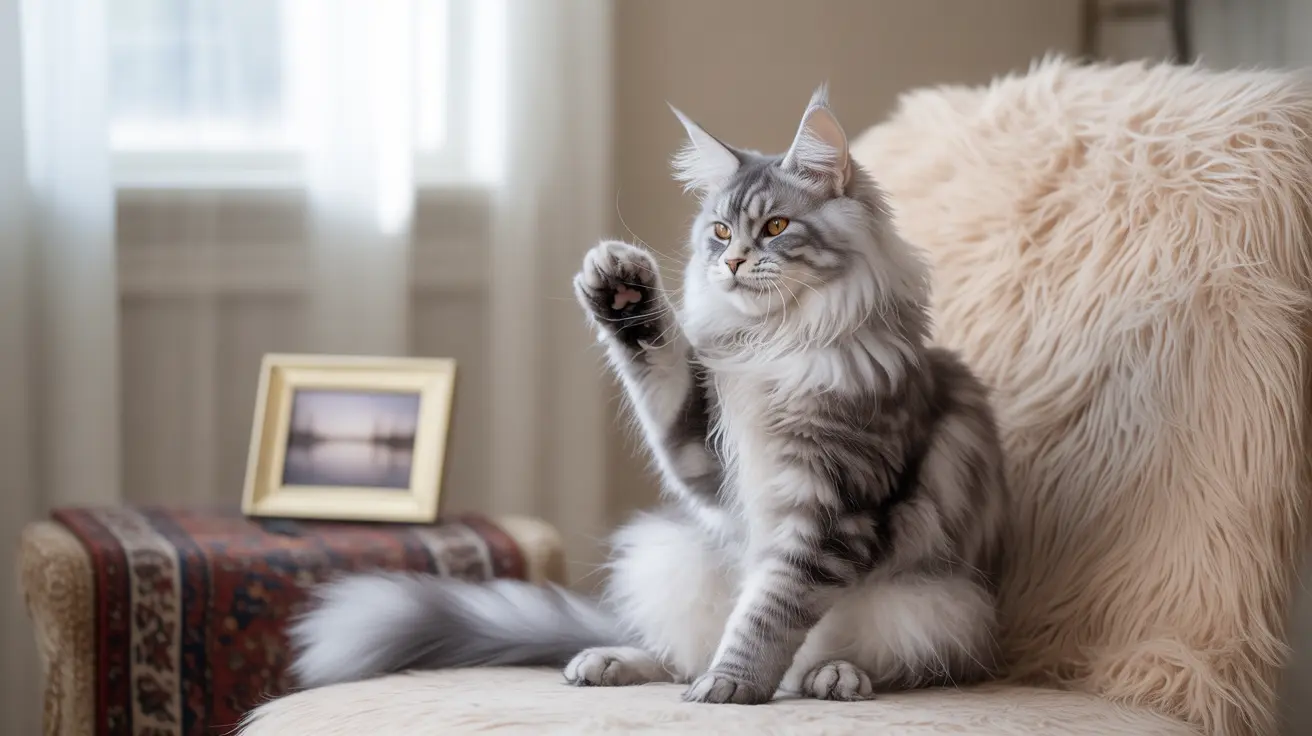Common Causes of a Cat Closing One Eye
Eye Injuries and Trauma
Physical trauma is a frequent cause of eye closure in cats. Whether from roughhousing with other pets, accidental scratches, or environmental hazards, eye injuries can range from minor scratches to severe corneal damage. Signs of eye injury include:
- Excessive tearing
- Visible redness or swelling
- Pawing at the affected eye
- Sensitivity to light
Infections and Inflammation
Bacterial and viral infections, particularly conjunctivitis (pink eye), can cause a cat to keep one eye closed. These conditions often present with:
- Yellow or green discharge
- Swelling around the eye
- Redness of the eye and surrounding tissue
- Increased blinking or squinting
Foreign Objects and Irritants
Sometimes, simple irritants can cause eye closure. Dust, plant material, or even an errant eyelash can create significant discomfort. Never attempt to remove objects yourself, as this could cause additional damage to the delicate eye tissue.
When to Seek Veterinary Care
Immediate Attention Required
Certain symptoms warrant emergency veterinary care:
- Severe swelling or bulging of the eye
- Blood or thick pus-like discharge
- Visible physical damage to the eye
- Complete loss of vision
- Signs of extreme pain or distress
Non-Emergency but Concerning Signs
Schedule a veterinary visit within 24 hours if you notice:
- Persistent eye closure beyond a few hours
- Clear or watery discharge
- Mild redness without other symptoms
- Changes in eye color or appearance
Treatment Options and Management
Professional Medical Care
Treatment typically involves:
- Thorough eye examination
- Diagnostic tests like fluorescein staining
- Prescription eye drops or ointments
- Pain management when necessary
- Possible use of an Elizabethan collar
Home Care Guidelines
While awaiting veterinary care:
- Prevent your cat from rubbing the affected eye
- Keep the area clean but avoid using any over-the-counter medications
- Monitor for worsening symptoms
- Keep your cat in a calm, quiet environment
Prevention Strategies
To minimize the risk of eye problems:
- Regular veterinary check-ups
- Keeping indoor environments clean and dust-free
- Maintaining current vaccinations
- Prompt treatment of upper respiratory infections
- Supervision during outdoor activities
Frequently Asked Questions
Why does my cat keep one eye closed all the time?
Persistent eye closure usually indicates pain, injury, infection, or the presence of a foreign object. This behavior is a protective response and should be evaluated by a veterinarian if it continues for more than a few hours.
What are the common causes of a cat closing one eye?
Common causes include physical injuries, infections like conjunctivitis, foreign objects, corneal ulcers, and inflammatory conditions. Each requires different treatment approaches, making professional diagnosis important.
How can I tell if my cat's closed eye is an emergency?
Consider it an emergency if you notice severe swelling, bleeding, thick discharge, obvious physical damage, or signs that your cat is in extreme pain. These conditions require immediate veterinary attention.
What treatments are available for a cat with an injured or infected eye?
Treatments vary based on the cause but may include antibiotic eye drops, anti-inflammatory medications, pain management, and in some cases, surgery. Your veterinarian will determine the most appropriate treatment plan.
How can I prevent my cat from developing eye problems that cause one eye to close?
Prevention includes regular veterinary check-ups, maintaining a clean environment, keeping vaccinations current, and promptly addressing any signs of illness or injury. Indoor cats typically face fewer risks than outdoor cats.






